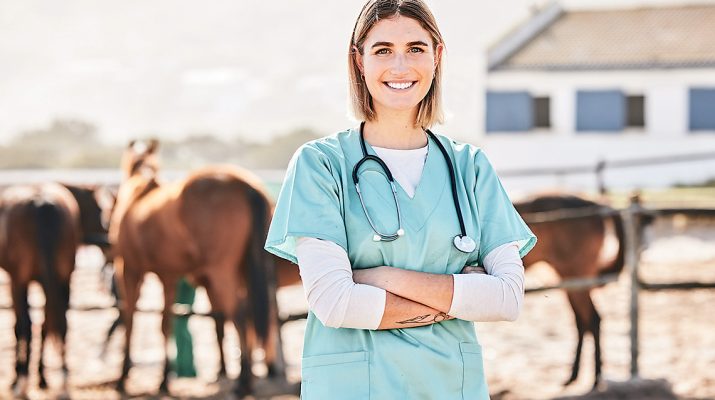Jeff CAVE
IT is difficult to imagine a more stressful scenario for a producer, an exotic disease has been diagnosed on their property – what happens next?
Naturally, there are numerous possible scenarios and the approach taken would vary according to the specific disease. A series of documents known as AUSVETPLAN is in place to guide the process to help ensure a consistent, successful outcome.
In general, the producer’s property would be quarantined to limit the chance of the disease spreading to other properties. Further samples may be collected to confirm the diagnosis and to help ascertain the extent of its spread on the property. These would be tested at the CSIRO Australian Centre for Disease Preparedness (ACDP) at Geelong.
Epidemiological information, such as recent movements on and off the property, would be collected to help guide tracing and surveillance activities on other properties.
An Incident Control Centre would be established at a suitable location in a nearby town, whose activities would be directed by a State Control Centre.
Infected premises operations would be put into place to eradicate the disease on the property and to ensure contaminated material doesn’t leave the property. This would vary according to the nature of the disease.
If destruction of livestock or property is necessary, compensation would be paid. Local movement controls may be set up through the declaration of restricted areas and control areas.
Eventually, when eradication of the disease had been achieved, proof of freedom testing would be necessary to prove to our trading partners that the disease had been successfully eradicated. It sounds like a lot, but all of this would be necessary in order to preserve Australia’s multi-billion-dollar livestock industries and to prevent the establishment of a new exotic disease.
Naturally, none of this will be necessary if we don’t allow these diseases to enter Australia and come into contact with our livestock.
We urge farmers to report any unusual signs or suspected cases of emergency animal disease immediately to the all-hours Emergency Animal Disease Hotline on 1800 675 888. Early reporting increases the chance of effective control and eradication.
For further information contact your local Agriculture Victoria Veterinary or Animal Health Officer.
Dr Jeff Cave is a Northern Region Senior Veterinary Officer.

